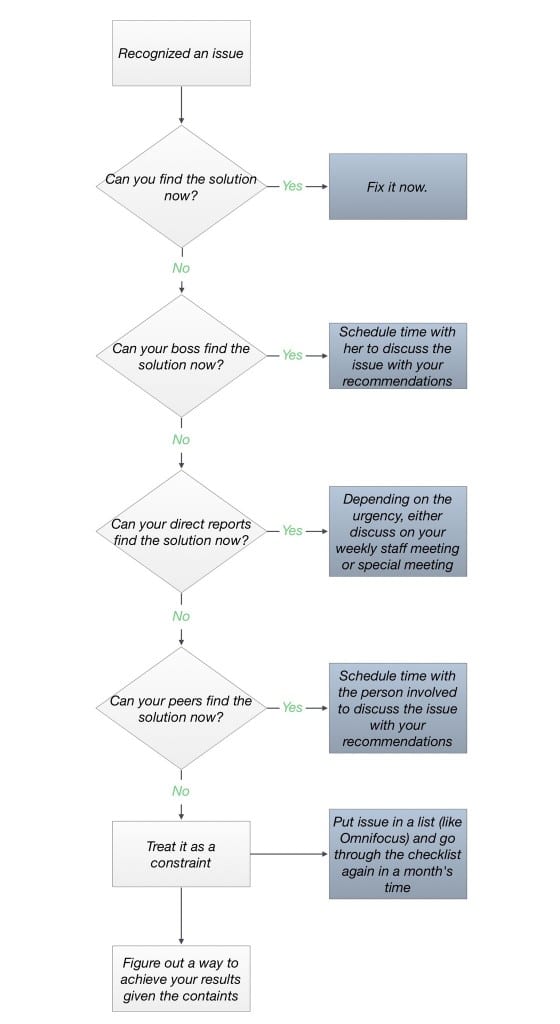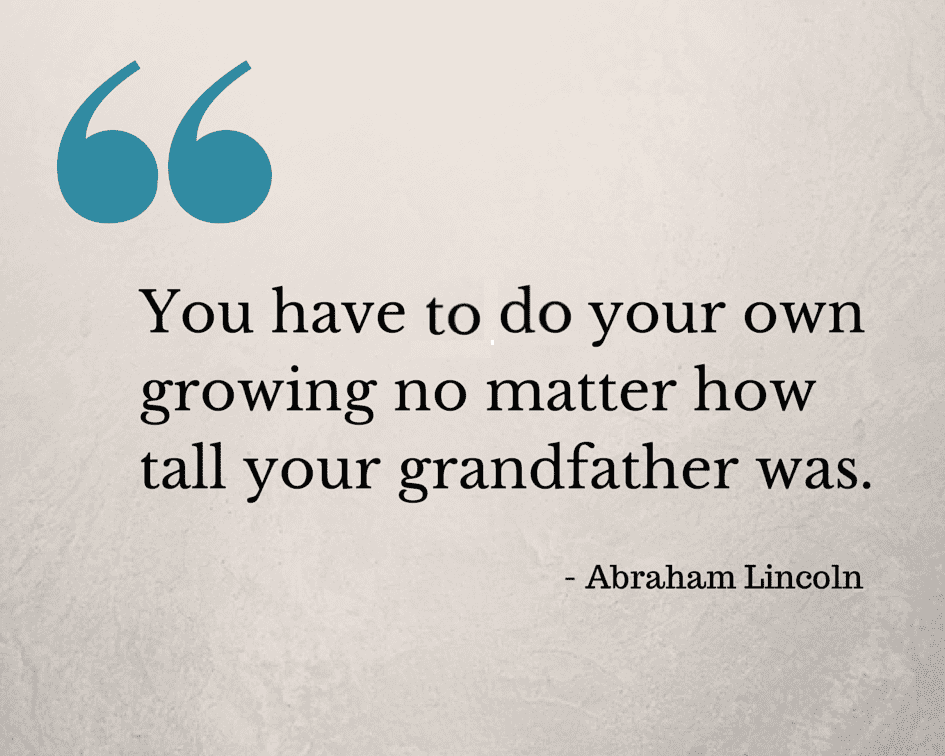People’s advice when it comes to account management or sales (and general business activities) is to apply the mindset of under-promise and over-deliver. This has got to be the biggest mistake one can make when dealing with your customers (or your boss or your colleague).
Why is it a huge mistake? Apart from it being a lie (telling you can only do X then you do Y), there are a lot of reasons. Allow me to explain a couple of them in light of the two parties involved – the provider and the customer.
From the Provider’s Side
1. It leaves a lot of room for complacency
Saying you can deliver a project within 30 days when you know you can do it in 15 days is terrible. It allows the provider to procrastinate. It delays the project. It is a waste of corporate resources. It locks up resources when they can be allocated elsewhere. Sure, that is okay if you have unlimited funds. But last I checked, even Apple and Google have limited resources.
2. Too many variables making it unmeasurable
We learned from Peter Drucker that what we cannot measure, we cannot manage. We also know from science that when we change something, we only change one variable at a time. That is the concept of ceteris paribus – all things being equal.
Going back to the example above, you were asked by your boss if you can handle another project with the same budget and scope? How will you know if your team is productive or not? How would you know if the resources you spent are the same or already over budget? Because you allotted 30 days for 4 people to work on a project, they will spend the whole 30 days working on it.
Again, the phrase “you know” was used because if you are any good at all, “you know” if your team is productive or not – whether that is from industry standards, previous projects or experiences. By limiting your deadline to 15 days, you now have one less variable to work on. If your team meets it consistently in 15 days and you did not meet it this time or you went over budget, you can pinpoint it better than you finishing the project on different deadlines, say, 20 days, 29 days, 14 days. You will have a hard time figuring out where you went right or wrong.
3. Shows no standards
Turnaround times are given for a purpose. They are deadlines which communicate the commitment of the company to perform work at high quality standards no matter the situation they are in at the moment. Saying different deadlines for the same project across multiple customers is misleading, is inefficient and show how management is not doing their jobs properly. Managers are there to ensure that the high standards (hopefully high and there actually are standards) of the company are maintained all the time.
From the Customer’s Side
1. Customer experience varies
Companies should place the customer first. Continuously pushing your products to them turns them off. That same principle is exhibited here. If you do not consider what the customer experiences when they engage with you, it sends a subtle signal to them that you do not know what you are doing. A good experience may not be repeated again; thus, leaving doubt to your customer as to whether you can fulfill their expectations.
A good example we all notice here in the Philippines is Starbucks. Without fail, when you come in the store, no matter how busy they are or how long the line is, you will hear a greeting. Regardless whether it is personal or warm, there is still that greeting. You can expect that no matter which store you go to. That is not an accident. These is the experience they want you to have each time you enter. Going back to their roots, Starbucks’ vision
2. Users don’t know what to expect
We all know that repeat purchases are where business profits really lie. People go back to you because they experienced something good. In their subconscious, people go back to you because they want to experience that same thing before (whether that was a satisfaction with the taste of your food, the clean bathroom, or that warm smile from your cashier). Whatever that utility was, they want to experience it again. That us the reason they go back. If the next time your customers come back, and they experienced the exact opposite of their first visit, you will lose your credibility already. Sure, they might give it another go just to make sure that bad experience was just a fluke. But if you have no standards , chances are, that third experience will be bad again. Now, you lose a customer for life.
Humans are creatures of habit. We love doing the same thing over and over. We wake up the same time each morning. The go through our morning routine the same everyday. Take a bath, have breakfast, brush your teeth, etc. We get irritated when changes happen to our normal routine, like waking up late. You get flustered. Rush through everything. You forget stuff. You worry. That has the same effect when your brand does not have any standards. It ruins your brands image. It disrupts the good that you have going. It sucks.
3. Experiences a lack of professionalism
Customers know what they want from you – the very best. While that may be qualitative, but that is a universal truth. If you promise something, then you deliver “more,” then they will think of you as making yourself look good. You understate something so that when the time comes to deliver, you would have exceeded expectations. Well, guess what, your customers already know what you can or cannot do. So stop lying to them and to yourself. Simply state what you can accomplish and accomplish it exactly when and how you stated it. It makes you look good. It makes you know what you are doing. It separates your from the rest. It makes you look professional.




